Ramadan, the holy month of fasting, is the most sacred period in Islam. It’s a time of heightened spirituality, communal harmony and disciplined introspection. Fasting during Ramadan is an act of devotion that goes beyond abstaining from food and drink. In this writing piece, we delve into some interesting facts about Ramadan that will help you appreciate the significance of this holy month.
Fasting During Ramadan is one of the Five Pillars of Islam
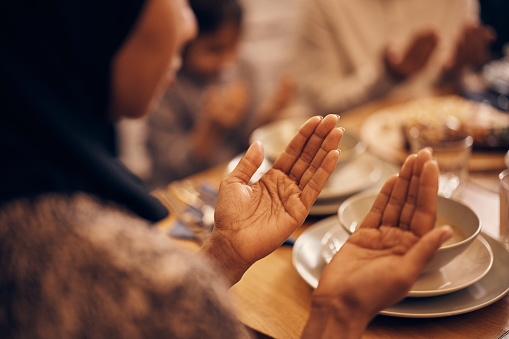
Source: Pixabay
Fasting during Ramadan involves abstaining from food, drink, and other physical needs from dawn until sunset. The other four pillars include the declaration of faith, prayer, giving to charity, and making a pilgrimage to Mecca. Fasting during Ramadan is obligatory for all healthy adult Muslims.
Ramadan Begins at the Sight of the Crescent Moon
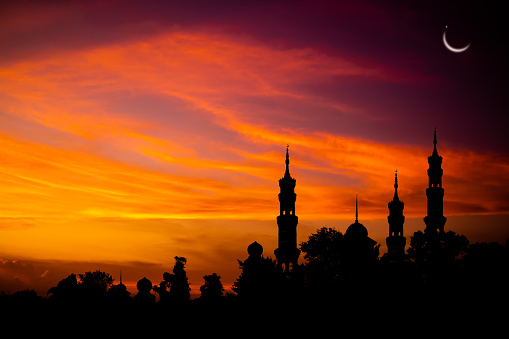
Source: Pixabay
The beginning of Ramadan is determined by the sighting of the crescent moon. It marks the start of the Islamic lunar calendar month. The exact start date can vary from country to country, depending on the sighting of the crescent moon.
It’s a Time for Spiritual Reflection, Prayer and Charity

Source: Pixabay
Ramadan is a time for Muslims to reflect on their spirituality and focus on their relationship with Allah. Muslims are encouraged to pray more during Ramadan and to give to charity. It is believed that apart from exchanging Ramadan gifts, the acts of charity during Ramadan are highly rewarding.
Taraweeh Prayers are Performed During Ramadan
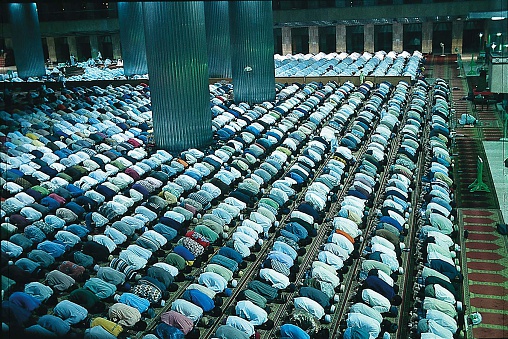
Source: Pixabay
Taraweeh prayers are performed each night during Ramadan. These are additional prayers that are not mandatory, but many Muslims choose to perform them as a way of increasing their worship during Ramadan. The prayers are usually performed in congregation in the mosque.
The Term Ramadan Means ‘Heat’

Source: Pixabay
The term ‘Ramadan’ is derived from the Arabic word ‘Ramad’, which means ‘dryness’. In English, Ramadan means ‘the hot month’ or ‘the month of scorching or burning heat.’ However, because the beginning of the month of Ramadan depends upon the lunar calendar, it isn’t always hot.
The Last 10 Days of Ramadan are Particularly Important

Source: Pixabay
The last ten days of Ramadan are considered extremely important and Muslims are encouraged to increase their worship during this time. It is believed that the Night of Power or Laylat al-Qadr, occurs during one of the last ten nights of Ramadan. It is considered the holiest night of the year for Muslims and is believed to be when the first verses of the Quran were revealed to the Prophet Muhammad.
Dates are a Popular Food During Ramadan
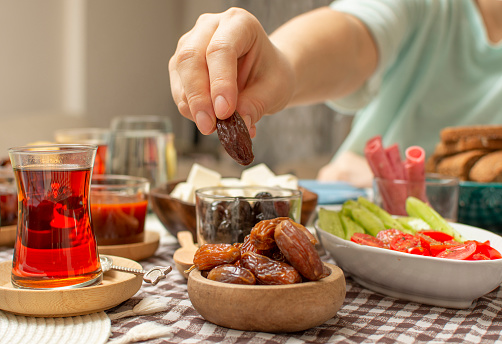
Source: Pixabay
Dates are a traditional food that is often eaten during Iftar, the meal that breaks the fast each evening. These sweet delights are a good source of energy and are believed to have been a favourite food of the Prophet Muhammad. Dates and Eid chocolate platter also make up for a thoughtful Eid gift.
Ramadan is a Time for Family & Community
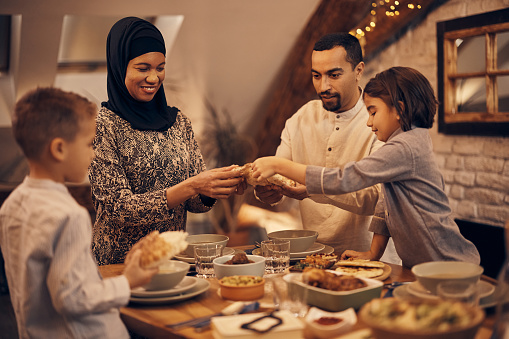
Source: Pixabay
Ramadan is a time for Muslims to come together as a family and as a community. Many Muslims choose to break their fast with their families or in the mosque with other members of their community. Thus, another facts about Ramadan is that it also a time for forgiveness, and Muslims are encouraged to forgive any grudges they may hold against others.
Eid al-Fitr Marks the End of Ramadan

Source: Pixabay
Eid al-Fitr, or the ‘Festival of Breaking the Fast,’ marks the end of Ramadan. It is a time for Muslims to celebrate the end of the month-long fast and to thank Allah for his blessings. Muslims celebrate Eid al-Fitr with prayer, charity, and feasting with family and friends. One of the many fascinating fact about Eid Al-Fitr is that the occasion traditionally lasts for two to three days, where the festivities include praying, feasting and exchanging Eidi.
So, these were some of the interesting facts about Ramadan that makes it unique from other months in the Islamic calendar. Know about them and celebrate with those observing in a better manner!






